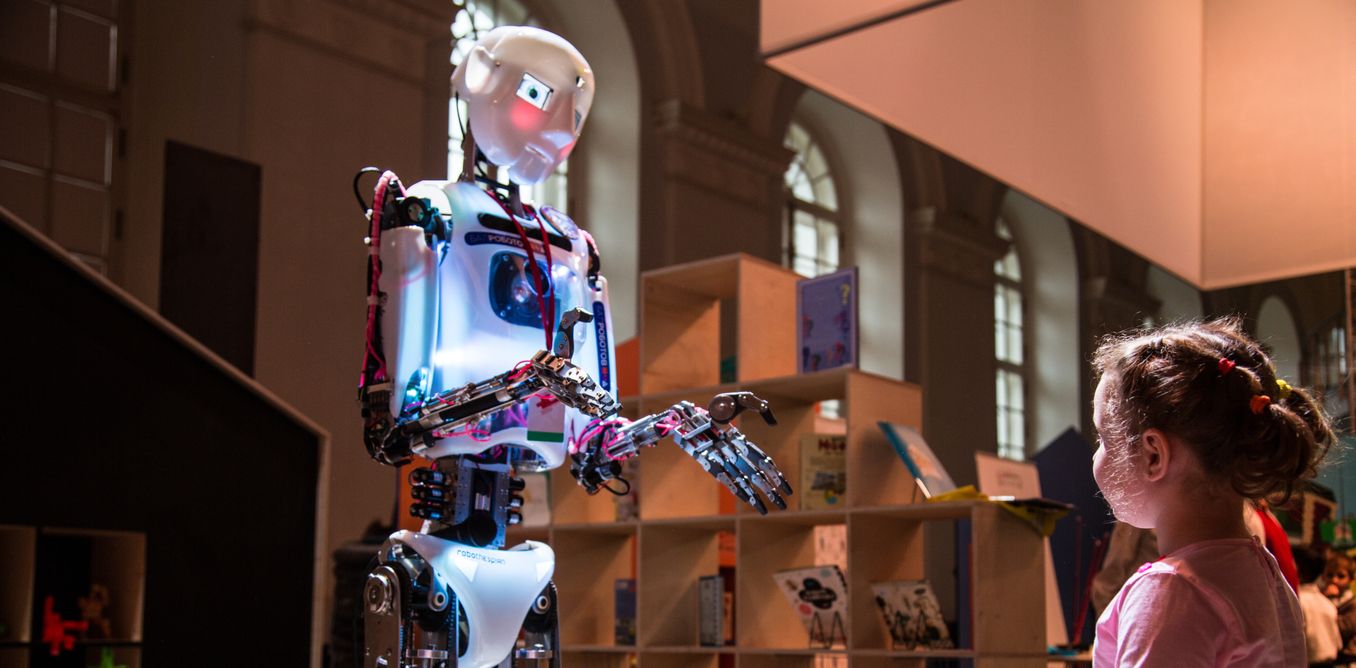As long as there is no level of “personable experience/ empathy” AI will not eliminate the need for doctors or other medical staff members. For example, a female of 30 yrs of age newly married talking to a stone face robot that she has stage 3 breast cancer for first time. Yep; I see that one going well.
Plus, can you imagine how children in hospital wards for several months at a time will come out with only robots w/ no “EMPATHY.” I believe there are plenty of pyshcological case studies on this. If you ever want to advance AI; you must have women heavily embedded in its development as well as leading the work around it; or you will never get there.
Here’s another thought — can you imaging the potential lawsuits in the making because a child was proven to be impacted by only having interactions with robots in the children’s ward for months a time. Especially, when the robots that cannot connect due to the lack of design of “empathy”. Who gets sued? Hospitals, tech companies, etc.? This list could go on and on. So, again you must have various perspectives in the AI design in place or you could really be in trouble on a large scale.
Imagine your child requires a life-saving operation. You enter the hospital and are confronted with a stark choice.
Do you take the traditional path with human medical staff, including doctors and nurses, where long-term trials have shown a 90% chance that they will save your child’s life?
Or do you choose the robotic track, in the factory-like wing of the hospital, tended to by technical specialists and an array of robots, but where similar long-term trials have shown that your child has a 95% chance of survival?
